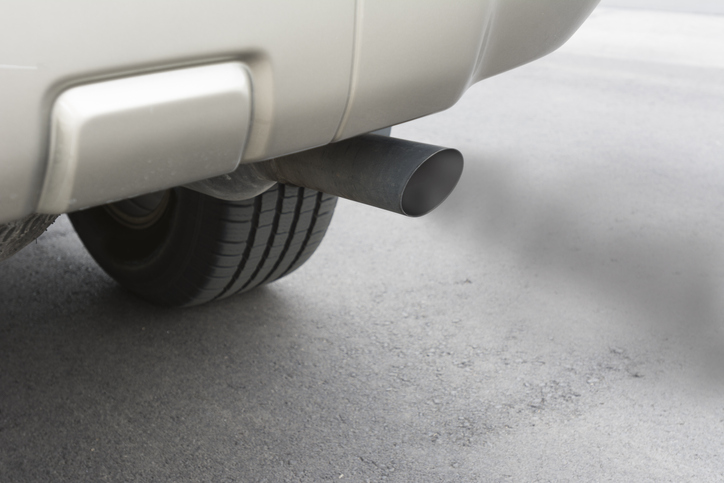
Carbon monoxide (CO) is a colorless, odorless gas that prevents oxygen from getting to body tissues, including the brain and heart. Severe exposures can cause coma or death.
CO is formed from incomplete burning of fuels such as gasoline, kerosene, oil, wood, natural gas, and methane.
Symptoms are similar to flu symptoms and may include headache, dizziness, tiredness, confusion and vomiting. Symptoms may improve or disappear when you leave the environment and get into fresh air.
Prevention tips:
- Never leave a car running inside a garage even if a door to the outside is open.
- Never sleep in a parked car if the engine is running.
- Never use a generator inside a home – not even in a basement, garage, or porch.
- Never use a gas stove or oven to heat a residence.
- Never use a charcoal or gas grill inside a house, garage, closed-in porch, or tent.
- Never use charcoal in the fireplace.
- Do not use a kerosene heater or gas logs for heat unless you have a working carbon monoxide alarm.
- Keep generators outside and at least 20 feet away from windows, doors, vents.
- When using the fireplace to burn wood or gas logs, make sure the flue is open and the chimney is not blocked.
- Have gas-burning furnaces and appliances and chimney inspected and serviced professionally.
- Get a carbon monoxide detector (with a battery back-up system) for your residence. Depending on the size of your home, you may need more than one CO detector.
- Change batteries in your carbon monoxide detector twice a year.
If the carbon monoxide detector alarm goes off, follow these steps:
- Get everyone, including pets, outside leaving door open as you leave.
- If anyone feels sick in any way, call 911 and NC Poison Control at 1-800-222-1222.
- If the person has fainted or is not breathing, perform first aid and call 911.
- Do not reenter the building until the fire department has checked the safety of the building.
Call NC Poison Control at 1-800-222-1222 or chat from this site for further treatment advice.
